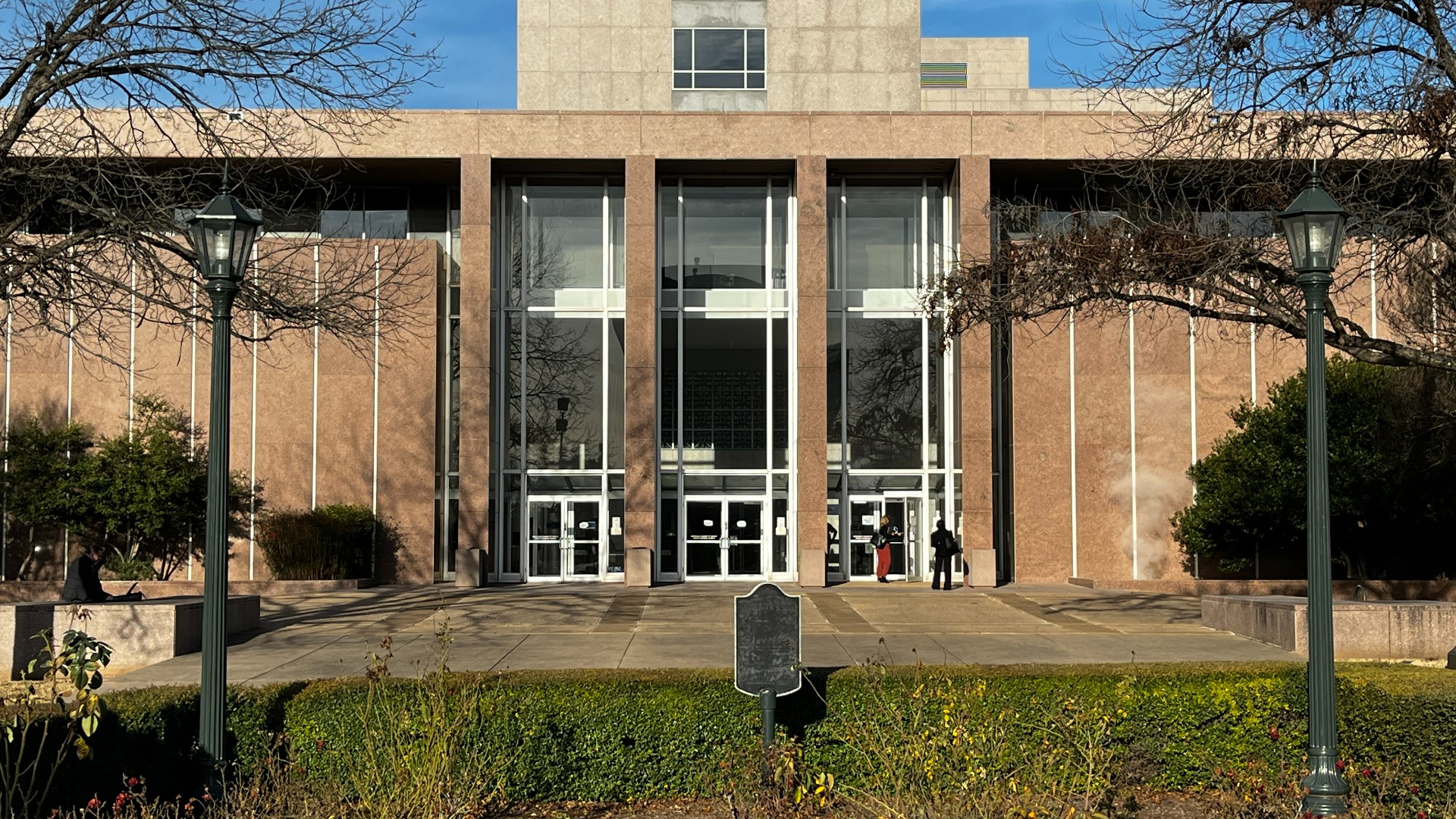AUSTIN, Texas — On Tuesday morning, the Texas Supreme Court heard arguments on Senate Bill 14, a new law that bans gender-affirming care for transgender youth. Under the law, doctors cannot prescribe Texans younger than 18 hormone therapies or puberty blockers. The law also bans transition-related surgeries, which were already rarely performed.
A vigorous discussion took place between the justices and attorneys for both sides, with the justices asking all kinds of questions, ranging from gender identity to the rights parents and doctors have when it comes to making decisions for their kids' medical care.
Attorneys for the parents suing the state over SB 14 say the law denies them of their rights to make medical decisions for their children. They argue gender dysphoria is a serious medical condition marked by distress and if it is untreated, it can cause depression and lead to self-harm.
Doctors who violate the new law and provide gender-affirming care to minors will have their medical licenses revoked. The attorneys for the plaintiffs say that punishment violates a doctor's right to practice their profession and discriminates against transgender youth.
"Texas politicians' attack on transgender youth and their families is unnecessarily cruel. Transgender people will always exist and have existed for a long time in all of history. The vast majority of Texans support transgender people and young people having access to medically necessary care," said Lynly Egyes, the legal director at Transgender Law Center.
Attorneys with the Texas Office of the Attorney General argue the legislation is about protecting kids from procedures that could cause lifelong, irreversible effects. They also argue the law frequently differentiates between minors and adults, saying Texas does not allow kids to use tanning beds or to get tattoos, so there are limitations to what children can do under the law.
Leaders with Texas Values, an organization that supports the law, said it is all about protecting the kids.
"There are plenty of people that are looking to help, whether it's through mental health services, counseling, psychology, psychiatry," Texas Values President Jonathan Saenz said.
It is not clear when the court will making a ruling in the case.
A Travis County judge previously ruled the new law is unconstitutional, but the State appealed, allowing it to go into effect. Now, the plaintiffs want the Texas Supreme Court to affirm the lower court's temporary injunction. Similar laws in other states are also facing legal challenges.

